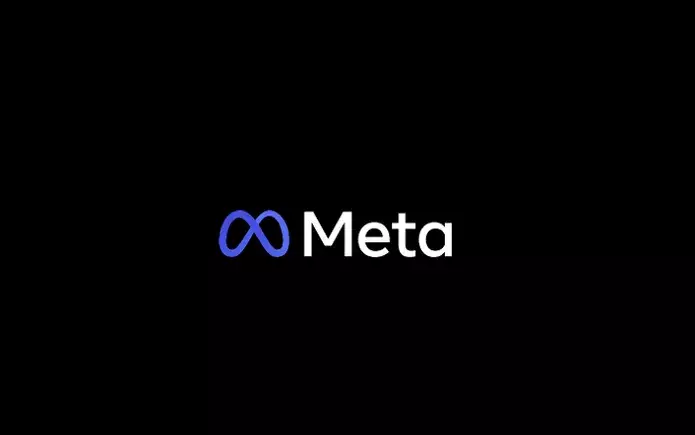Meta, formerly known as Facebook, made a significant change earlier this year by removing detailed targeting exclusions as an option for all new campaigns. While this change may have gone unnoticed by many, it has implications for advertisers using the platform.
Meta’s decision to eliminate detailed targeting exclusions was based on their findings that these exclusions actually limit ad effectiveness over time. Despite advertisers believing that these exclusions would improve performance, Meta’s ad targeting systems, powered by advanced AI, are now better equipped to display the right ads to the right users at the right time without the need for detailed exclusions.
According to Meta’s own testing, the median cost per conversion for ad campaigns improved by 22.6% when detailed targeting exclusions were removed from the mix. This change underscores Meta’s belief that advertisers should trust their systems to reach the right people, rather than relying on manual exclusions.
Meta first announced changes to its ad targeting exclusions in January, which were further communicated in May when they mistakenly sent out an alert about the removal of targeting exclusions by June 28. Although this was clarified as an error at the time, detailed targeting exclusions were eventually removed a month later.
Meta’s removal of detailed targeting exclusions aligns with their future vision of automated ad campaigns. The platform aims to reduce manual work for advertisers by generating optimized ad descriptions, visuals, and variants based on product URLs. While this may seem counterintuitive, Meta’s AI system is built on ad and audience engagement knowledge, suggesting that it may be more adept at creating effective ads than advertisers themselves.
Advertisers can still utilize alternative exclusion options, such as custom audience exclusions and account-level audience controls, for restricting audiences based on brand protection or employment. However, detailed targeting exclusions within campaign set up are no longer available.
Meta’s decision to remove detailed targeting exclusions for new campaigns signifies a shift towards automated ad campaigns and reliance on AI systems for ad targeting. Despite initial skepticism, the change may ultimately lead to improved ad campaign performance and align with Meta’s long-term vision for advertising on their platform. Advertisers are encouraged to adapt to these changes and explore alternative exclusion options for targeting their desired audiences.


Leave a Reply